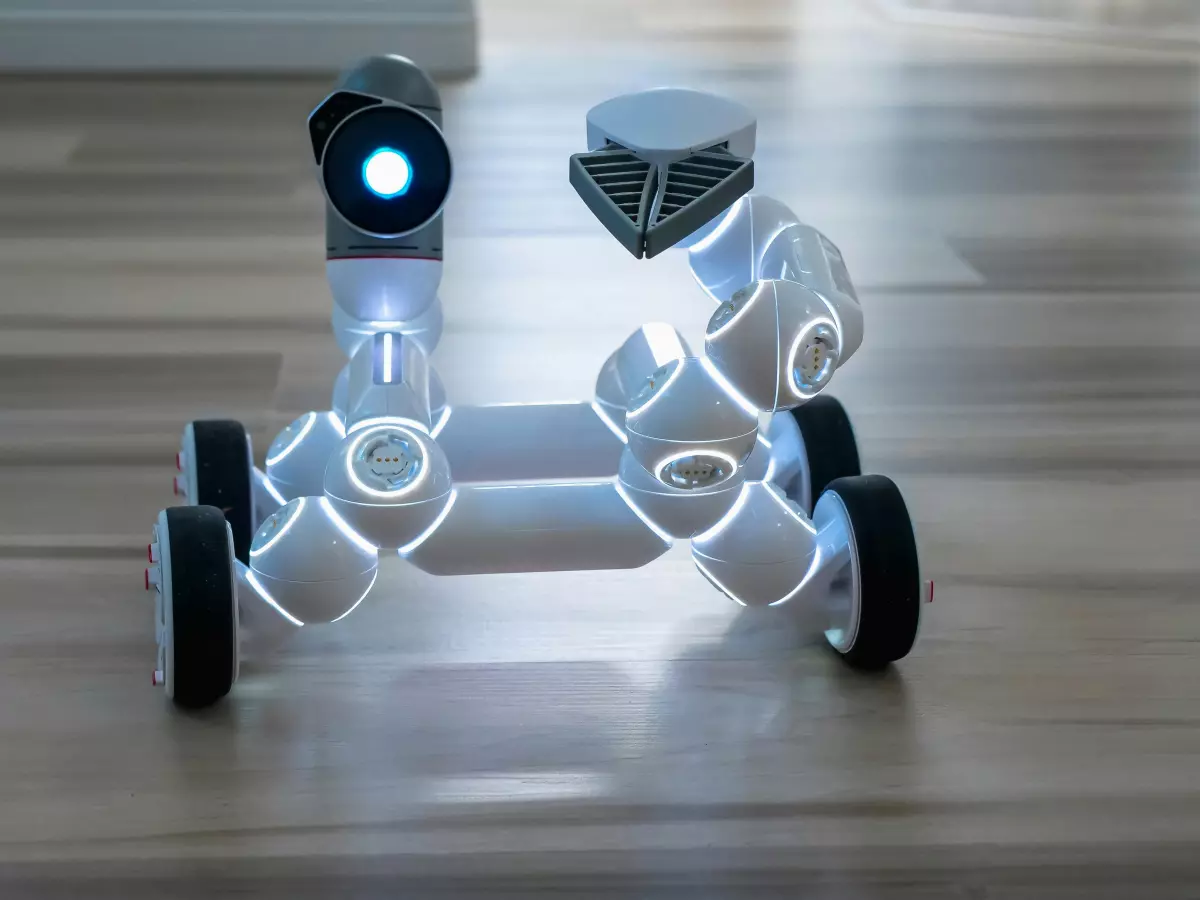Mars or Bust
What do a billionaire tech mogul and a barren red planet have in common? Well, if you ask Elon Musk, the answer is simple: the future of humanity.

By Laura Mendes
Is Mars really the next frontier for human civilization, or is this just another one of Elon Musk's wild sci-fi dreams? The CEO of SpaceX has never been shy about his ambitions to make humanity a multiplanetary species, and his plans for Mars are no exception. But how realistic is this vision, and what will it take to get there?
According to Science-et-vie, Musk believes that the colonization of Mars is not just a possibility but a necessity. He has outlined a bold timeline for SpaceX's missions to the Red Planet, suggesting that the first human landing could happen within the next decade. But before we start packing our bags for a Martian vacation, let's break down what this journey entails.
The Starship: A Giant Leap for Space Travel
At the heart of Musk's Mars mission is the Starship, SpaceX's fully reusable spacecraft designed to carry humans and cargo to distant planets. The Starship is no ordinary rocket. It's a beast of a machine, standing at 120 meters tall and capable of carrying over 100 tons of payload. But here's the kicker: it's designed to be reusable, which could drastically reduce the cost of space travel.
SpaceX recently achieved a major milestone when it successfully returned the Starship rocket booster to its launch site, a world first. This achievement is a reminder that, despite the skepticism surrounding Musk's grand plans, SpaceX continues to push the boundaries of what's possible in space travel. As Business Insider points out, this success is a testament to Musk's ability to prove the doubters wrong.
But while the Starship's reusability is a game-changer, it's just one piece of the puzzle. The real challenge lies in making the journey to Mars itself, which is no small feat. Mars is located an average of 140 million miles from Earth, and the journey could take anywhere from six to nine months. During that time, astronauts will face a host of challenges, from radiation exposure to the psychological effects of long-term isolation. And that's just the trip there.
Life on Mars: Not Exactly a Walk in the Park
So, let's say we make it to Mars. What then? Well, living on the Red Planet is going to be a bit more complicated than setting up a tent and roasting marshmallows. Mars has a thin atmosphere, which means there's little protection from cosmic radiation. Temperatures can drop to -80 degrees Fahrenheit, and there's no liquid water on the surface. In other words, it's not exactly a tropical paradise.
To survive on Mars, humans will need to live in habitats that can shield them from the harsh environment. These habitats will likely be built using materials found on Mars itself, such as regolith (Martian soil). SpaceX is also working on developing life support systems that can recycle air, water, and other resources to sustain human life for extended periods.
But even with the best technology, life on Mars will be tough. The low gravity (about 38% of Earth's gravity) could have long-term effects on human health, and the isolation from Earth could take a psychological toll. And then there's the question of food. While it's possible to grow crops in controlled environments, it will take time to establish a sustainable food supply on Mars.
Why Mars? Why Now?
So, why is Musk so obsessed with Mars? Why not focus on fixing the problems we have here on Earth? Well, according to Musk, the answer is simple: survival. He believes that humanity needs a backup plan in case of a global catastrophe, such as a nuclear war or an asteroid impact. By establishing a colony on Mars, we could ensure the survival of our species, even if Earth becomes uninhabitable.
But there's more to it than just survival. Musk has often spoken about the importance of exploration and pushing the boundaries of what humanity is capable of. For him, Mars represents the next great challenge, a way to inspire future generations and expand our understanding of the universe.
Of course, not everyone is convinced. Critics argue that the resources being poured into Mars colonization could be better spent addressing issues like climate change and poverty here on Earth. They also point out that the technological and logistical challenges of establishing a colony on Mars are immense, and it could be decades, if not centuries, before we see a self-sustaining Martian settlement.
The Final Frontier?
So, is Mars really the final frontier for humanity, or is it just a pipe dream? The truth is, we don't know yet. But one thing is clear: Elon Musk and SpaceX are pushing the boundaries of what's possible in space exploration. Whether or not we ever set foot on Mars, the advancements being made in space travel could have far-reaching implications for the future of humanity.
In the end, the question isn't whether we'll go to Mars, but whether we should. And that's a question that only time—and perhaps a few brave astronauts—will answer.





